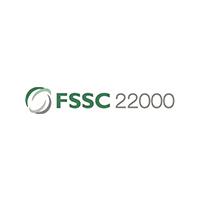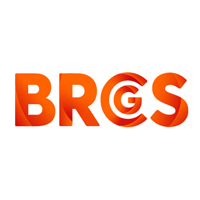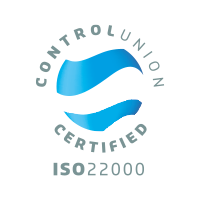
ISO 22000 – Food Safety Management System
ISO 22000 is an internationally recognised standard that combines the ISO9001 approach to food safety management and HACCP for the assurance of food safety at all levels. Control Union Certifications BV is accredited by RVA for this standard for some sub-categories under registration nr. RvA-C499 Mgmt. Sys. CU Inspections & Certifications India Pvt. Ltd. is accredited by NABCB for this standard for some categories under accreditation Certificate No. FS 023.

ISO 22000
About the standard
Food safety is a global concern. The ISO 22000 standard maps out how an organisation can demonstrate its ability to control safety hazards to ensure that food is safe. We certify a vast range of ISO 22000 categories worldwide.
Hazard Analysis and Critical Control Point (HACCP)
ISO 22000 can be used by any organisation within the food supply chain. The standard integrates the principles of a Hazard Analysis and Critical Control Point (HACCP) system developed by the Codex Alimentarius Commission. By means of auditable requirements, it combines the HACCP plan with prerequisite programmes as well as other food safety system requirements.
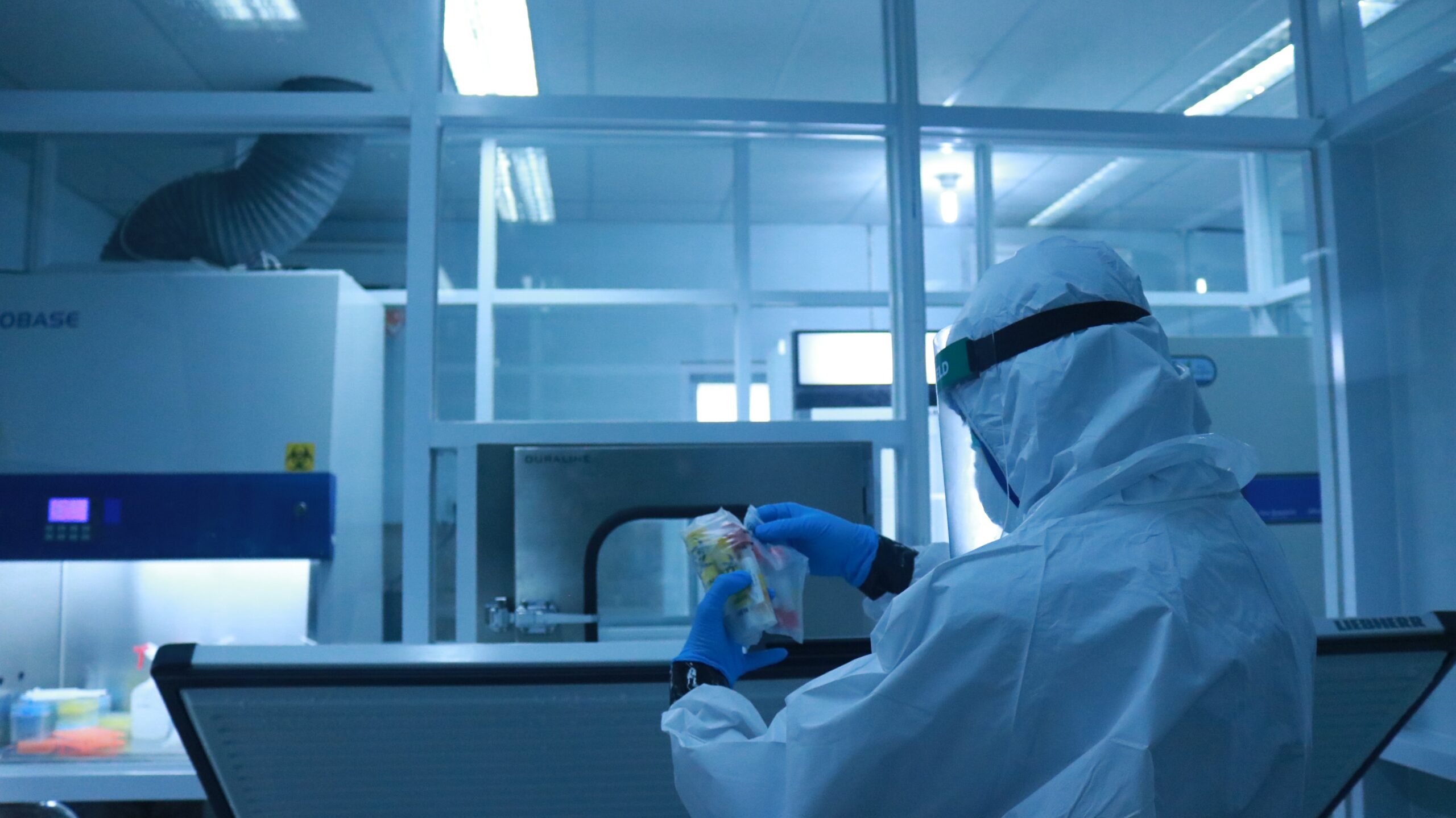
Accreditation
CUC is accredited for the following clusters and categories:
- Category B: Farming or handling of plants
• BIII: Pre-process handling of plant products. - Category C: Food manufacturing (including processing of pet food)
- Category F: Trading, retail and e-commerce
- Category G: Transport and storage
- Category H: Services
- Category I: Production of food packaging and packaging materials
- Category K: Production of (bio)chemicals
How you benefit
Implementation of ISO 22000 could result in:
- Improved management and communication.
- Assurances on quality, reliability and safety.
- Decrease costs from withdrawals or recalls.
- Improved reputation and brand loyalty.
- More confidence in disclosures.
- Less food borne diseases.
- Better quality and safer jobs in the food industry.
- Better utilisation of resources.
- More efficient food safety hazard control.
- Systematic management of prerequisite programmes.
- Valid basis for taking decisions.
- Control focused on priorities.
- Saves resources by reducing duplication.
- Better planning, less post-process verification.
- Development of a food safety management system.
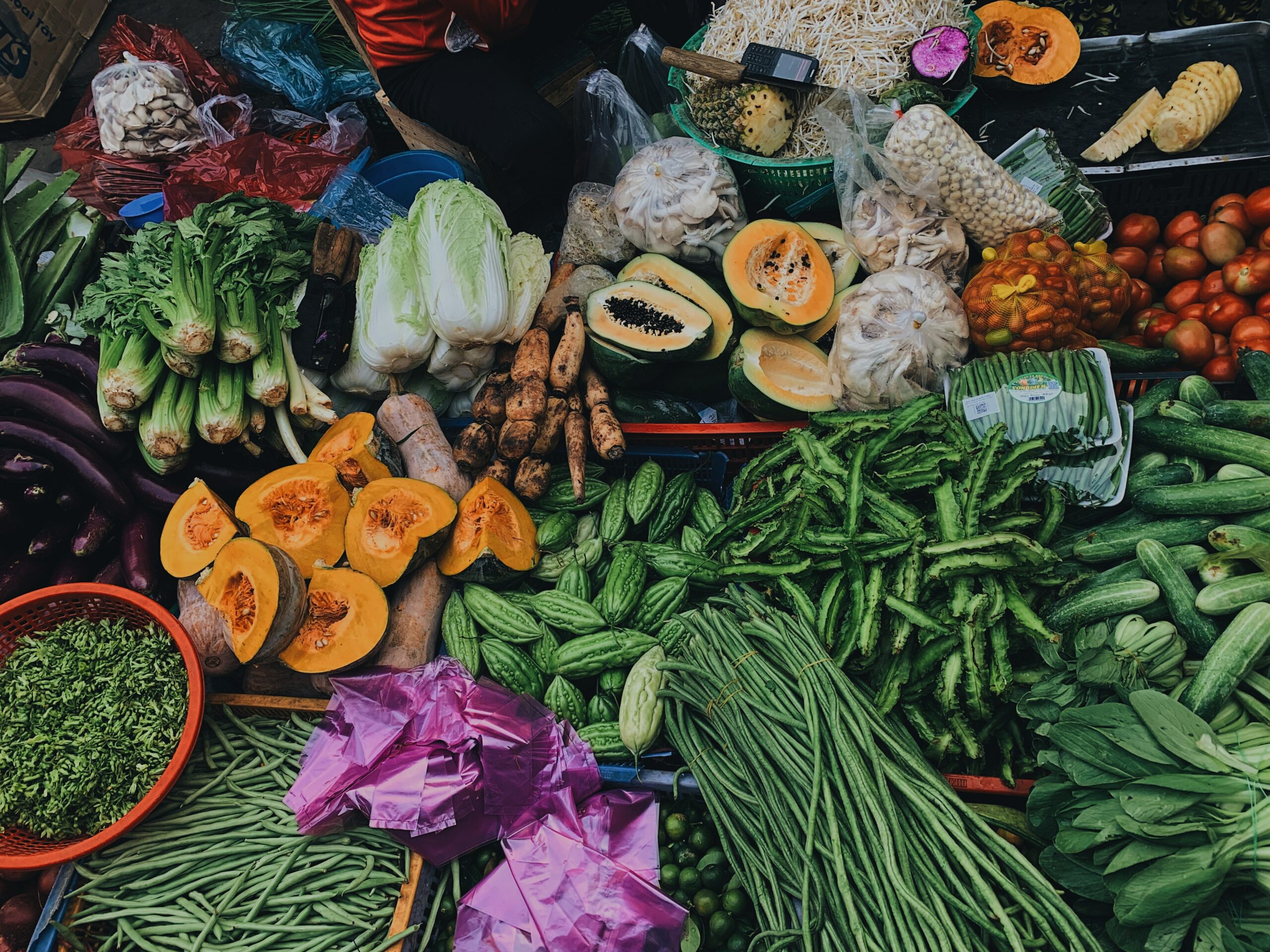
How can we help you?
Are you looking for a certain service, certification program or do you wish to be supported by someone in your own language and/or country? Let us know. We are glad to be of help.
